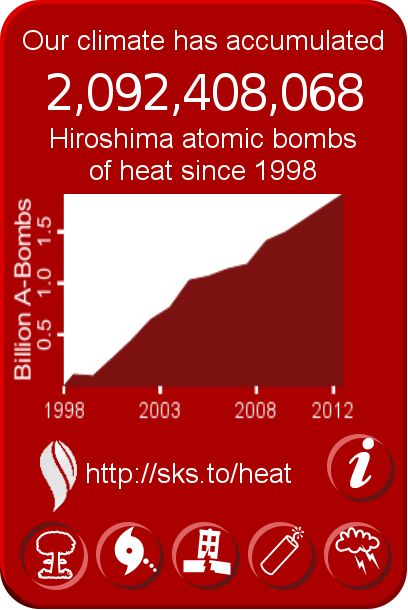dohboi wrote:Thanks for that perspective, c. I'm not sure racist is the right term, but it is inevitably going to be somewhat arbitrary what date you set down. Invasives, though, are a major threat to species around the world, so I wouldn't take the issue lightly.
Oh I don't. Sometimes I wish for a time machine to go back and slap my wifes great grandmother for introducing English Ivy to the property. On the other hand, I read recently that English Ivy helps clean pollution out of the air, so they may be part of the solution for cites. I just haven't figured out what kind of solution they are in the country. So far, the only easy way I have found to control it is walking on it. The edge of our forest may end up with a cow or some sheep.








